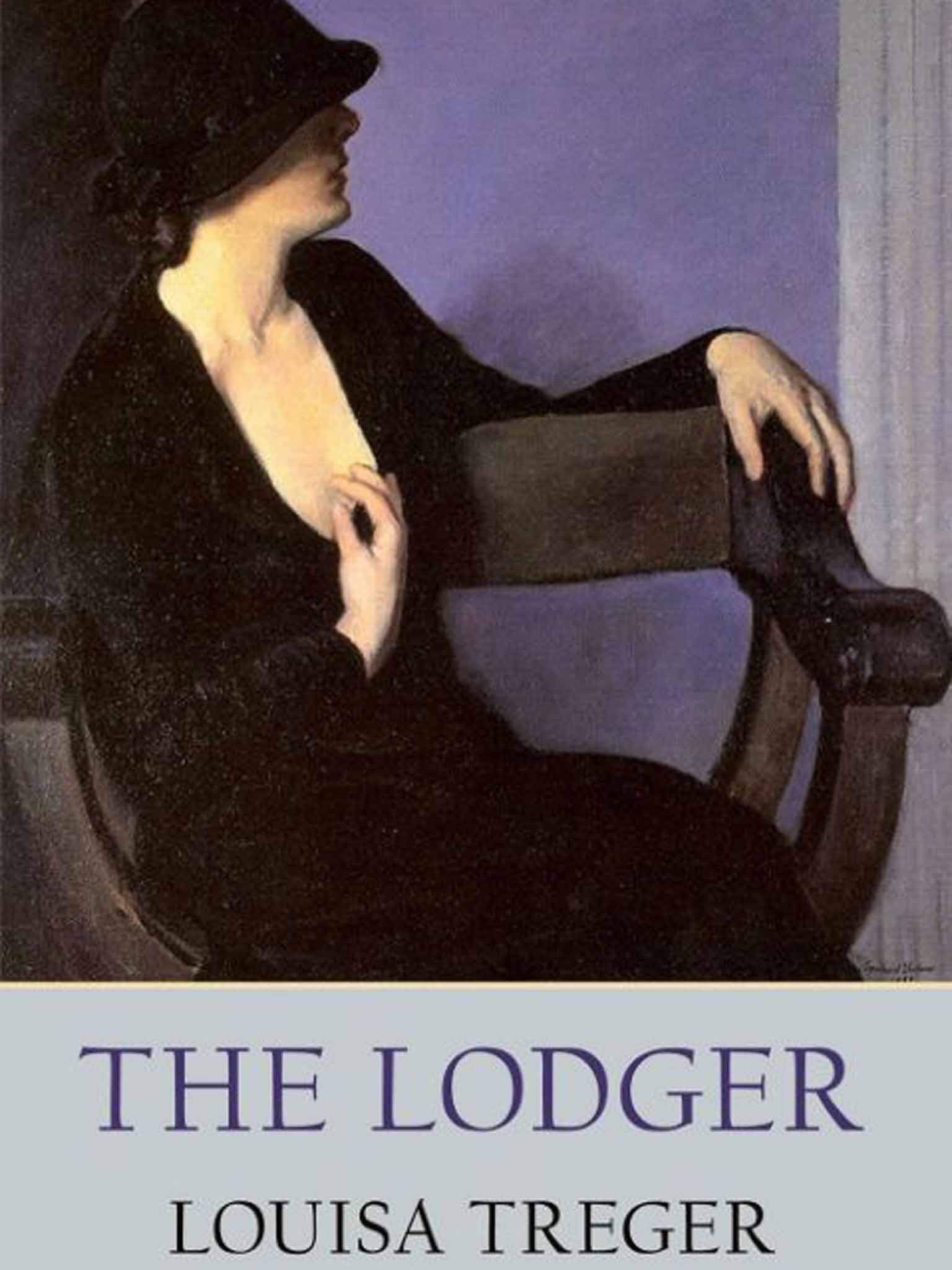The Lodger by Louisa Treger - book review: Promising debut too cramped for its bohemian heroine
A debut that shows a keen understanding of its protagonist and significant promise

Despite her literary achievements – notably her 13-volume, loosely autobiographical novel series Pilgrimage, written in the then-groundbreaking stream of consciousness technique – Dorothy Richardson lacks the legacy of her peer Virginia Woolf (Painted Roofs, the first Pilgrimage volume was published the same year as Woolf's debut, The Voyage Out).
Also living in Bloomsbury, but not moving in quite the same circles as Woolf, Richardson was certainly no less bohemian, perhaps even more so. Louisa Treger's novel The Lodger is a compressed dramatisation of Dorothy's creative, sexual and feminist awakening – her journey from dentist's secretary to literary pioneer – that focuses on the two relationships that helped to mould this transformation: her affair with fellow novelist (and husband of one of her school friends) H G Wells; and an intense sexual relationship with a young woman, Veronica Leslie Jones.
The true story behind the novel is fascinating, and Richardson well deserves this degree of attention. Indeed, it's particularly rewarding to see The Lodger appear prior to two novels about Virginia Woolf: Priya Parmar's Vanessa and Her Sister, and Norah Vincent's Adeline: A Novel of Virginia Woolf.
Yet this type of creative endeavour is full of potholes. As Janet Malcolm puts it in her essay "A House of One's Own" (aptly about the Bloomsbury Group), the "fresh produce" (the primary material and documents) that first arrests the biographer's attention is inevitably rendered akin to "canned vegetables" by the conclusion of the biographer's pursuit.
Although the end result here is fiction not straight biography, a similar dulling of experience seems to have occurred, perhaps in large part because Treger condenses Wells and Richardson's 10-year affair into just one spring; thus the representation of Dorothy's interiority – obviously central to the novel given that the accurate rendering of female inner experience is what drove Richardson's own work – can't quite keep up with the speed of the seduction.
In addition, the period details sit awkwardly in the text. For example, a conversation between Veronica and Dorothy following the former's release from prison after her incarceration in the wake of a suffragette protest is the cue for a first-hand account that reads more like something found in a history book.
It's a debut that shows a keen understanding of its protagonist, and some significant promise, but it falls into many of the traps that befall first-time authors in thrall of their subject.
Join our commenting forum
Join thought-provoking conversations, follow other Independent readers and see their replies
Comments